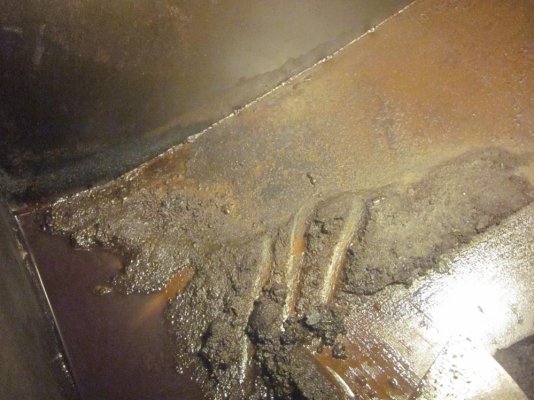Does anyone have experience or an opinion to share re: using an outside contractor to run a fuel cleaning / polishing etc. while at the dock or on the hard now ? Is it worth it ? How often should it be done ?
I have no intention of installing a polishing system in the tight and busy engine room not to mention the cost.
In our new ( to us, 1988 ) boat, I don't know if the tanks have ever been looked at and I'm really way too old to be crawling around cleaning tanks or handling the fuel.
Thanks in advance ..... Frank B.
I have no intention of installing a polishing system in the tight and busy engine room not to mention the cost.
In our new ( to us, 1988 ) boat, I don't know if the tanks have ever been looked at and I'm really way too old to be crawling around cleaning tanks or handling the fuel.
Thanks in advance ..... Frank B.



